Pascal Vermeeren is Assistant Professor of Theoretical Chemistry at the VU University Amsterdam. He did his bachelor’s, master’s and PhD there.
Why do you do this kind of research?
I didn’t like the lab. I am clumsy and I found it a long wait. I always had the question of why. Why or why not? In the third year we had computational chemistry, which is about understanding exactly what is happening. That’s when I knew what I wanted to do. I’m still working in theoretical chemistry, having done my undergraduate project with Celia [Fonseca Guerra, ed].
What are you working on now?
Chemical processes on surfaces, self-assembly and catalysis. I am now working on developing models to really understand these processes. There are models, but they don’t answer the question of why. A lot of people think it is good, but a correlation does not tell you why. If they know that, we can improve it and move towards more sustainable processes where we use less precious metals and more non-scarce elements.
What prop did you bring?
A d-orbital. In my model, I try to bridge the gap between electronic structure, orbitals, and physical properties such as chemical bonding and reactivity. Orbital theory is the basis of the model we are developing. I think it’s a very nice model to explain and understand things. We originally printed it out for the lecture. It always helps to really see something, something you can hold, like when you hold a molecule with a 3D model.


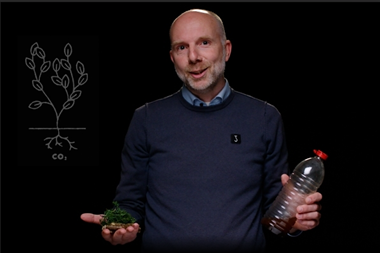
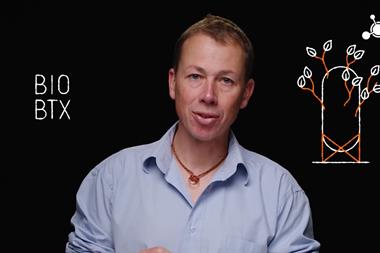
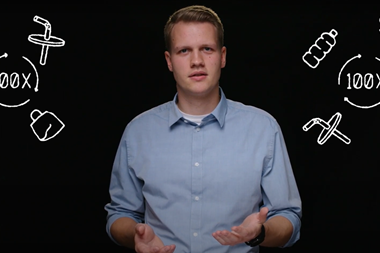
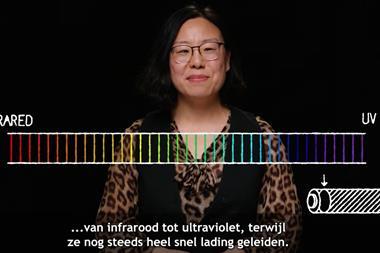
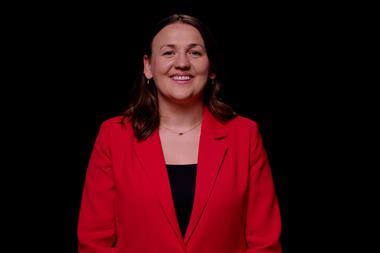
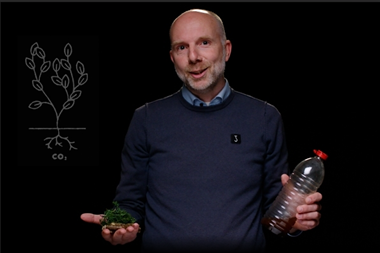
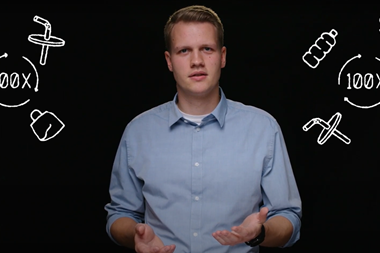
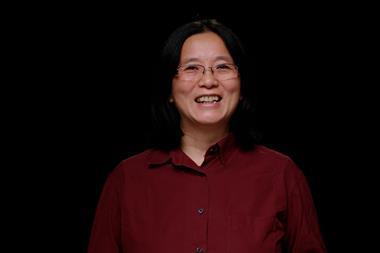










Nog geen opmerkingen